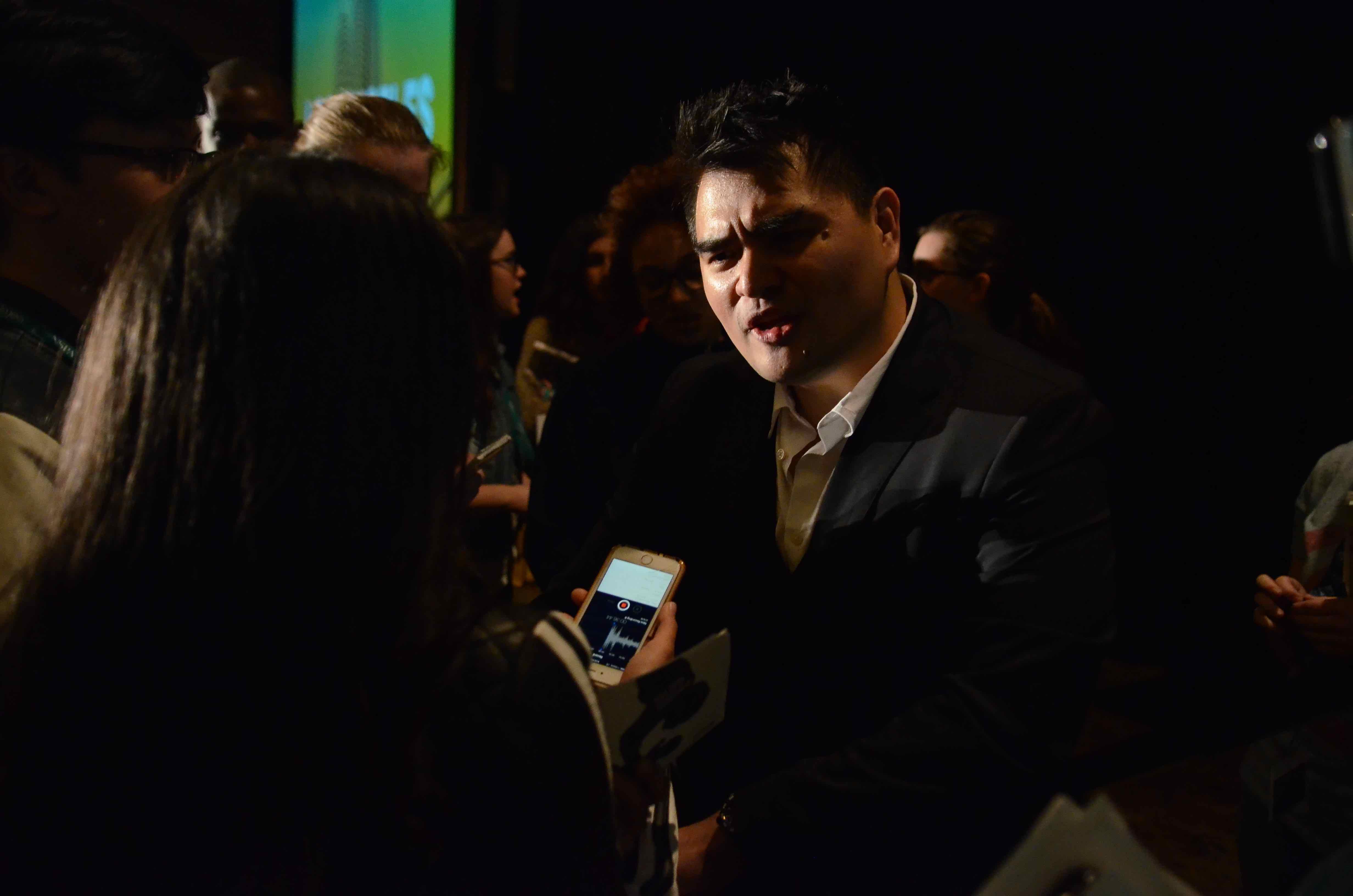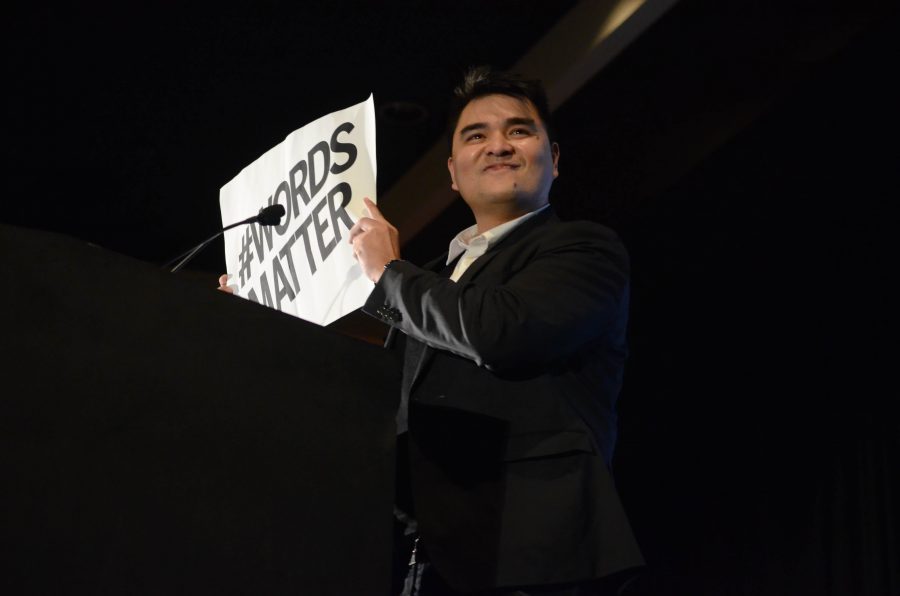Pulitzer prize winning journalist speaks on immigration at journalism convention
April 15, 2016
Filipino-American, Pulitzer prize winning journalist, filmmaker and activist Jose Antonio Vargas spoke about immigration to 3,800 high school journalists and their advisers and chaperones at the National High School Journalism Convention Thursday evening at the Westin Bonaventure Hotel & Suites in Los Angeles.
Vargas discussed his experiences as an undocumented immigrant, his involvement and passion for journalism, immigrant rights, race and social activism.
“I am here illegally,” he said. “I, as a person, am here illegally. The border patrol people could come here and arrest me if they wanted to. But I, as a person, am not illegal because people can’t be illegal.”
Born in the Philippines, Vargas arrived in Los Angeles in 1993 at age 12. Vargas moved in with his grandparents, his mother remained in the Philippines, and he has not seen her in person since his departure. He discovered that his green card had been faked when he was 16 and tried to obtain a driver’s license.
Vargas became involved with journalism during his time at Mountain View High School where he wrote for The Oracle.
“Journalism was not just an elective class,” he said. “For me, literally, journalism was a way to exist and a way to contribute and a way to make sense of this country, which is now my adoptive country.”
In 2011, three years after winning the Pulitzer Prize for Breaking News Reporting for covering the shooting at Virginia Tech, Vargas wrote an essay for The New York Times Magazine describing his lack of official United States documentation.
After receiving no communications or visits from government officials regarding his admission, Vargas decided to write a follow-up article for Time magazine and to call the Department of Homeland Security for a comment. He then appeared on the cover of Time.
“This cover represents the diversity [in immigrants] that mainstream media has completely, utterly and irresponsibly ignored,” he said.
He continued on to discuss immigration, deportation and border control policies in the United States, specifically pertaining to the border with Mexico.
“Has humanity ever built a border that can withstand human will? So long as there are parents willing to die for their children [we never will],” he said.
Vargas then spoke about racism and stereotypes and the role of journalists in changing conversations on racial prejudice.
“[We] break the narrative,” he said. “We give voices to people who don’t have them.”
He believes that the best way to end racism is through discussion that includes people of color and white people.
“Only white people can end racism because that’s where it started,” he said.

